In 2016, the water quality in the Monroe County town of Mount Pocono was abysmal. The residents of Mount Pocono had to boil their water before using it. The local news was showing brown bottles of water from residents' faucets. The foul-smelling water was persistently below the requirements of the Clean Water Act, and the town was fined by the Pennsylvania Department of Environmental Protection (DEP) in the amount of $250,000 for violating the state's Clean Water Act.
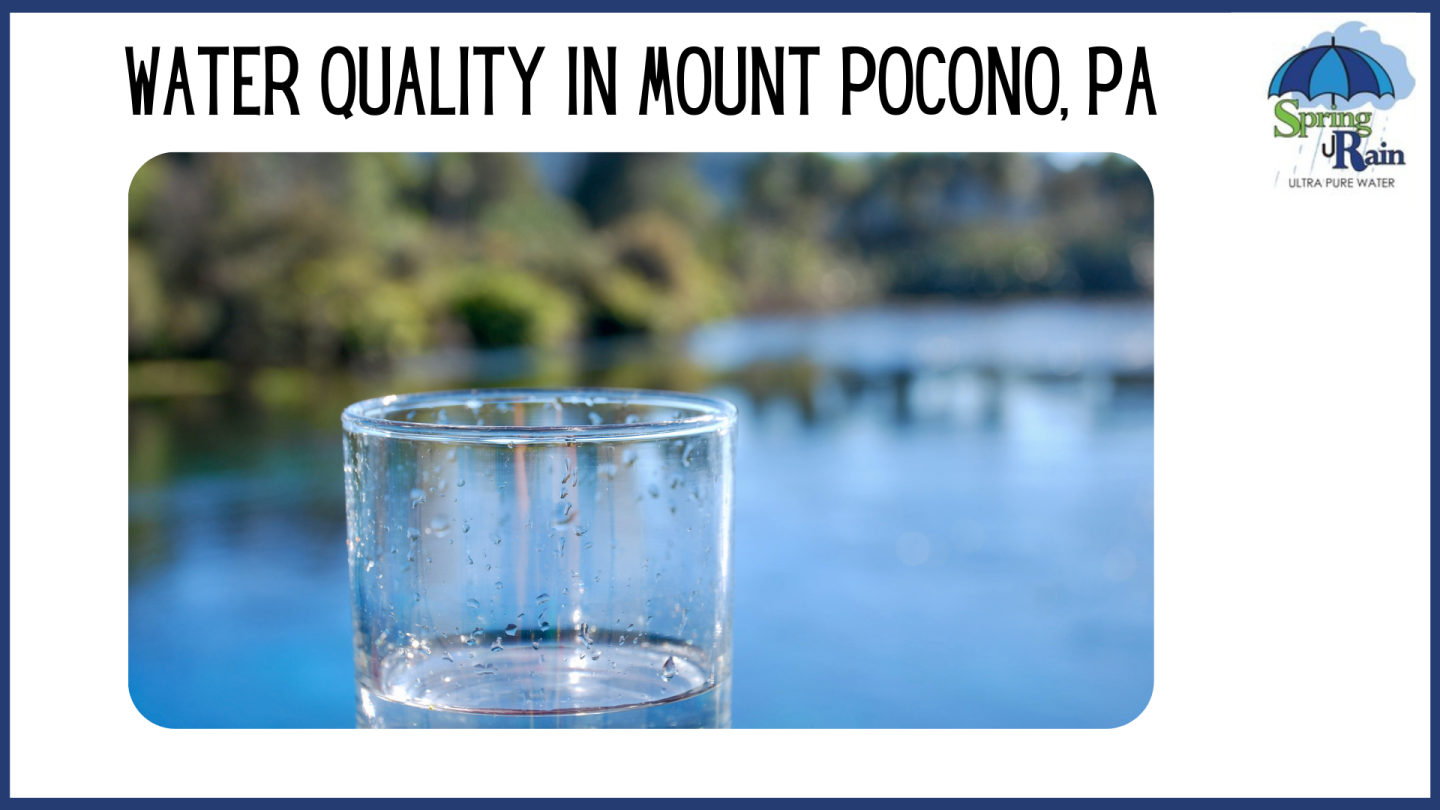
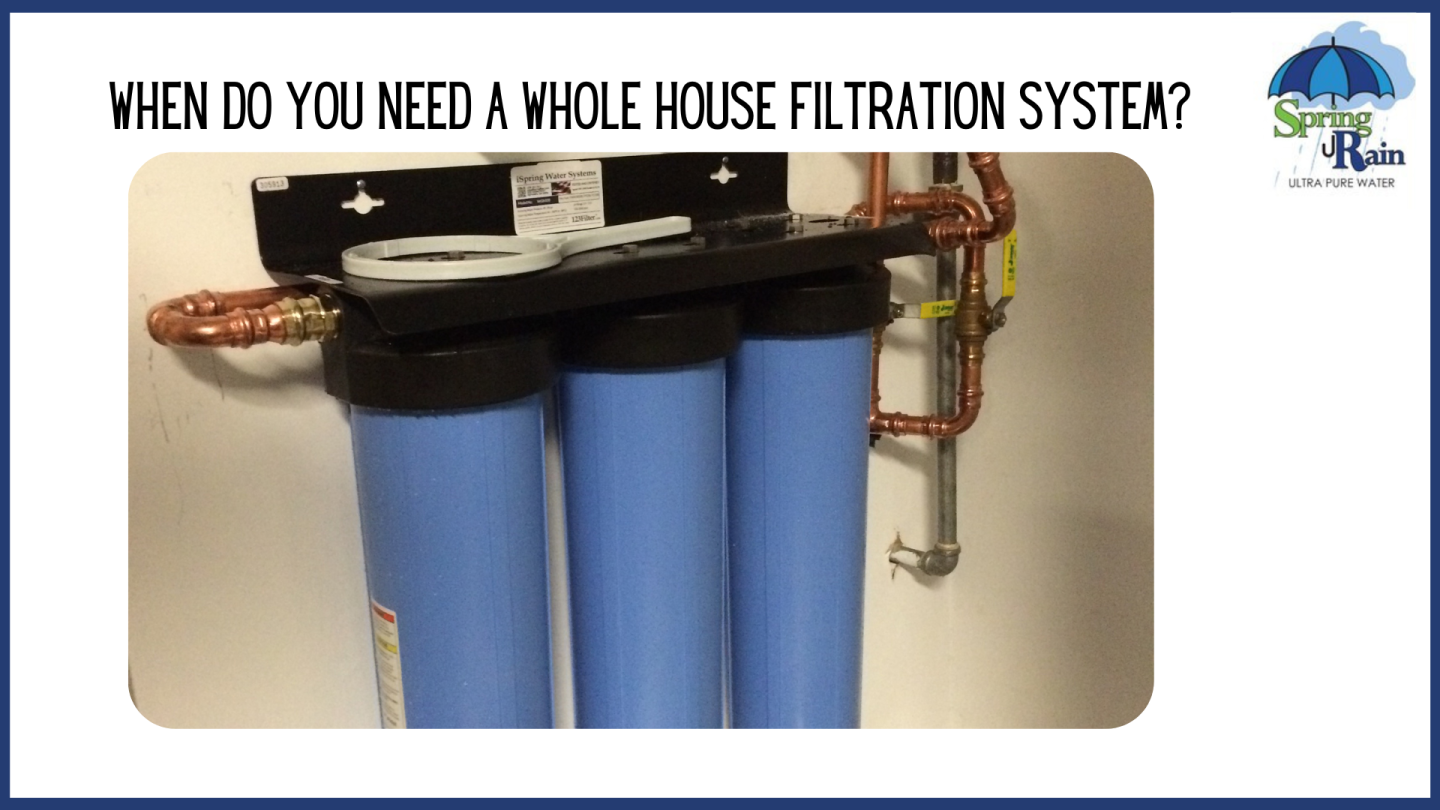
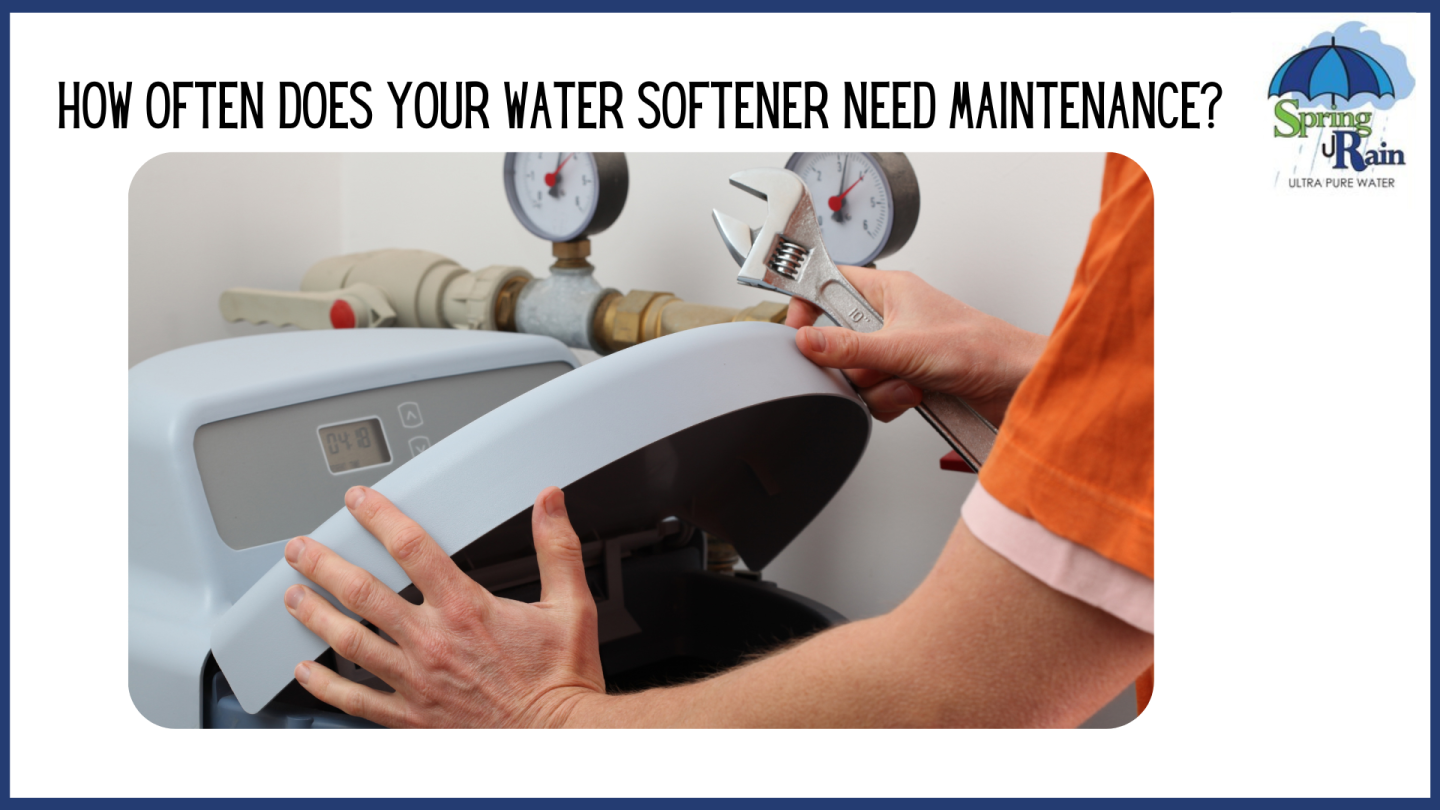
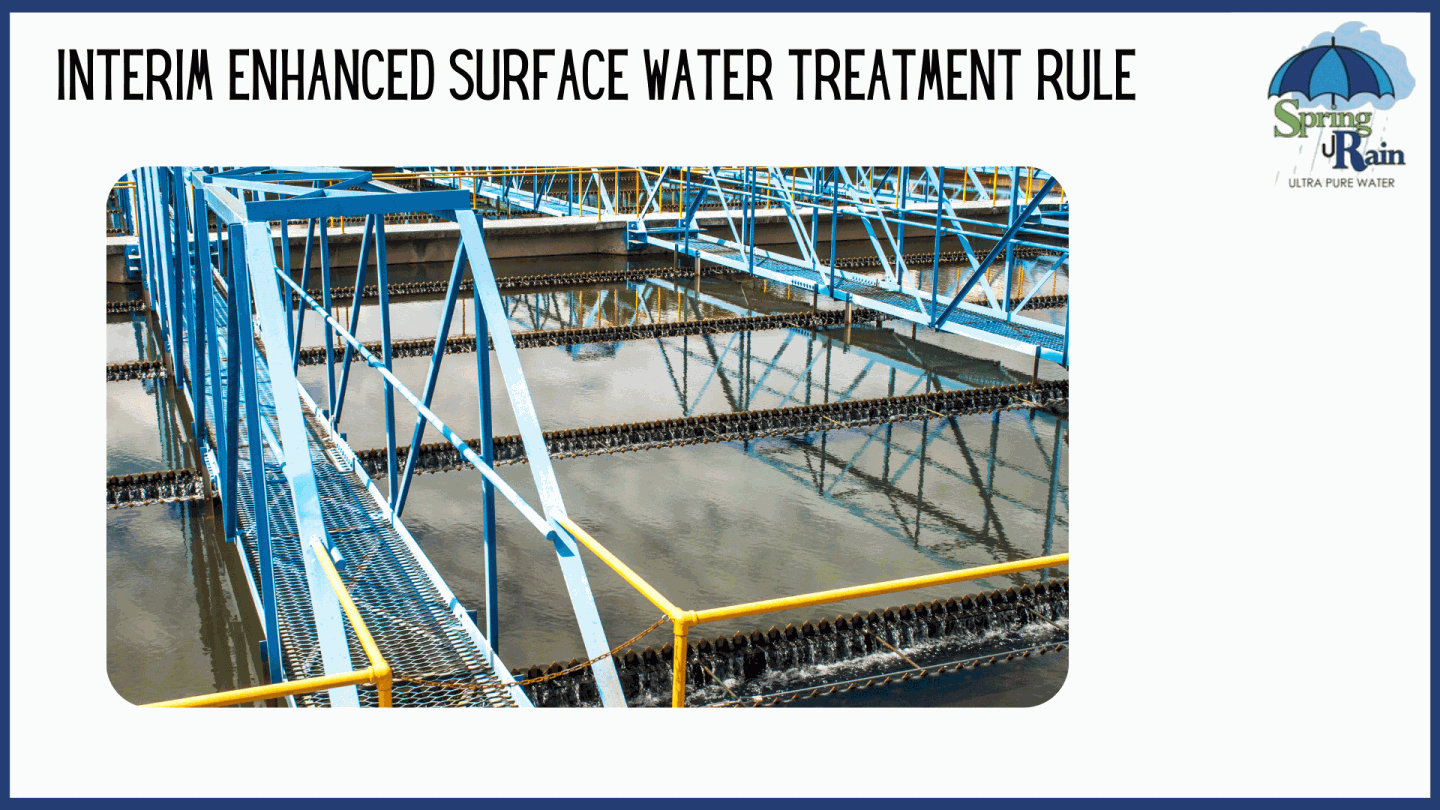
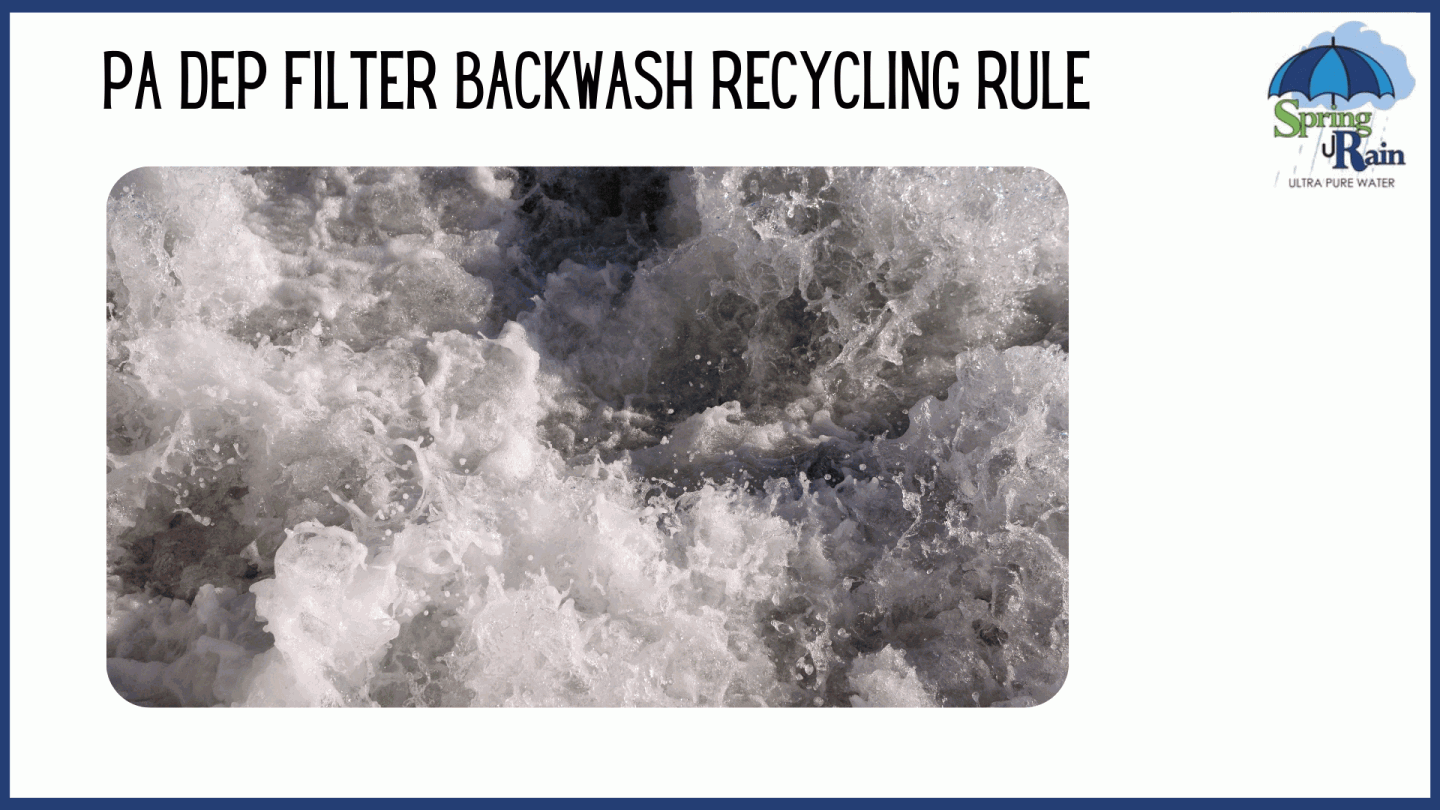
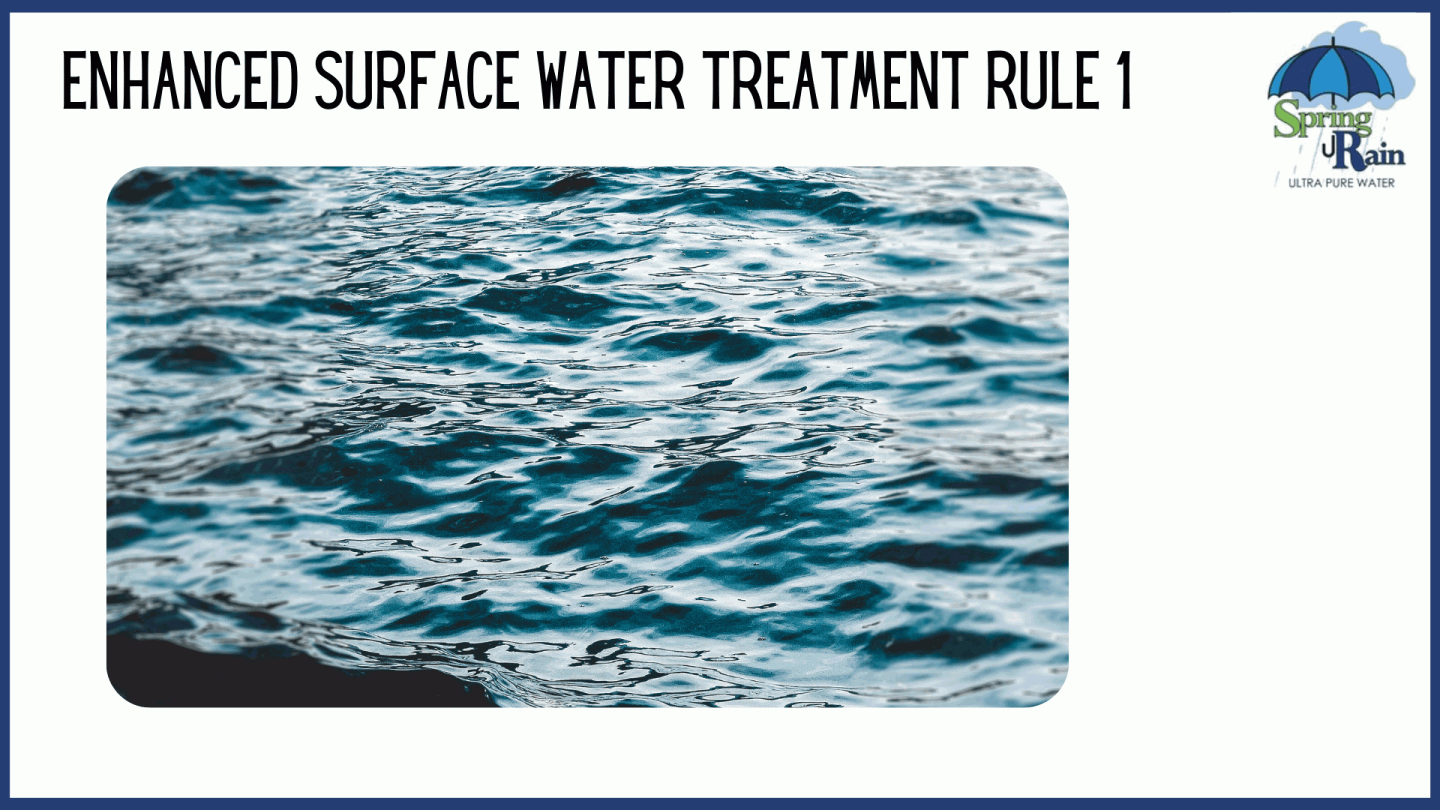
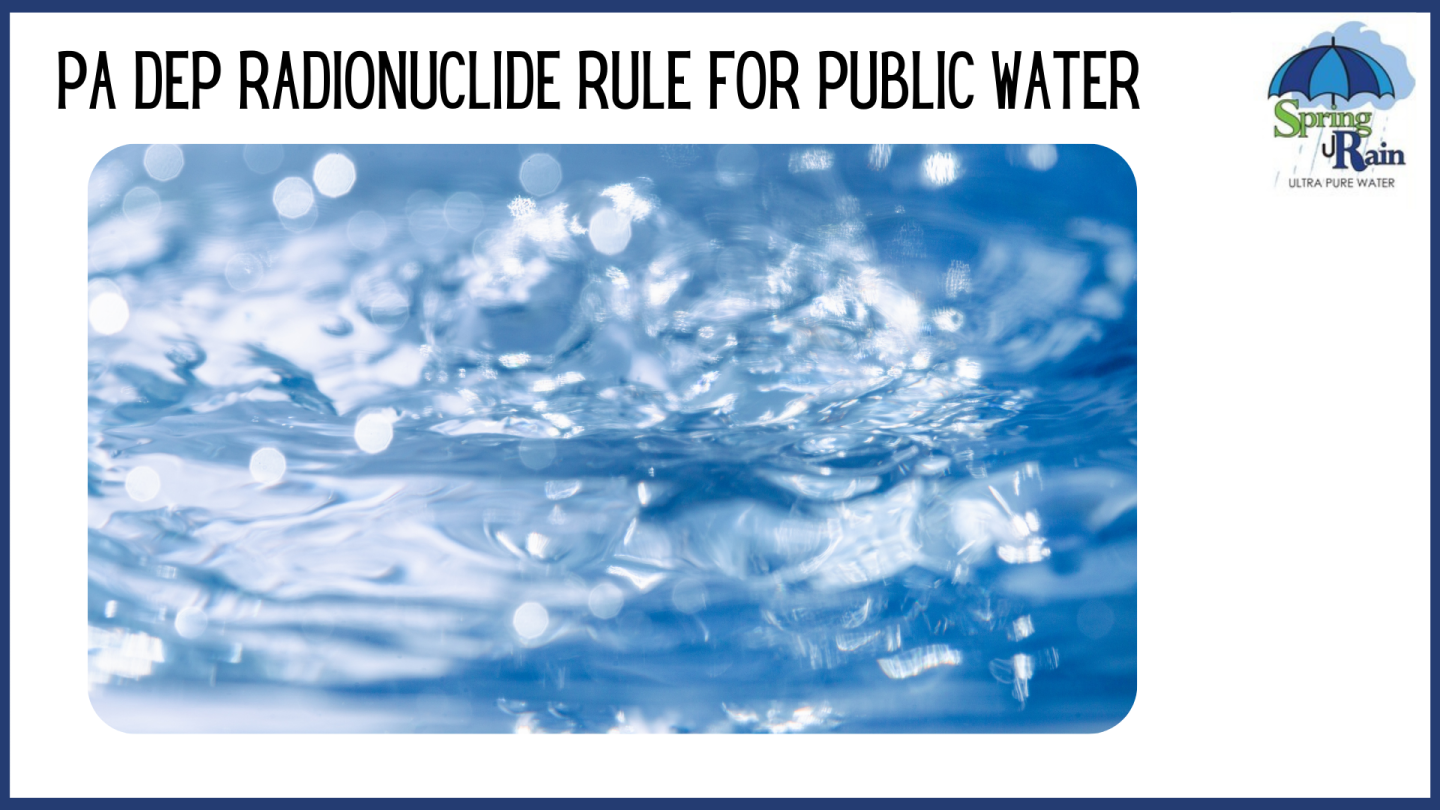
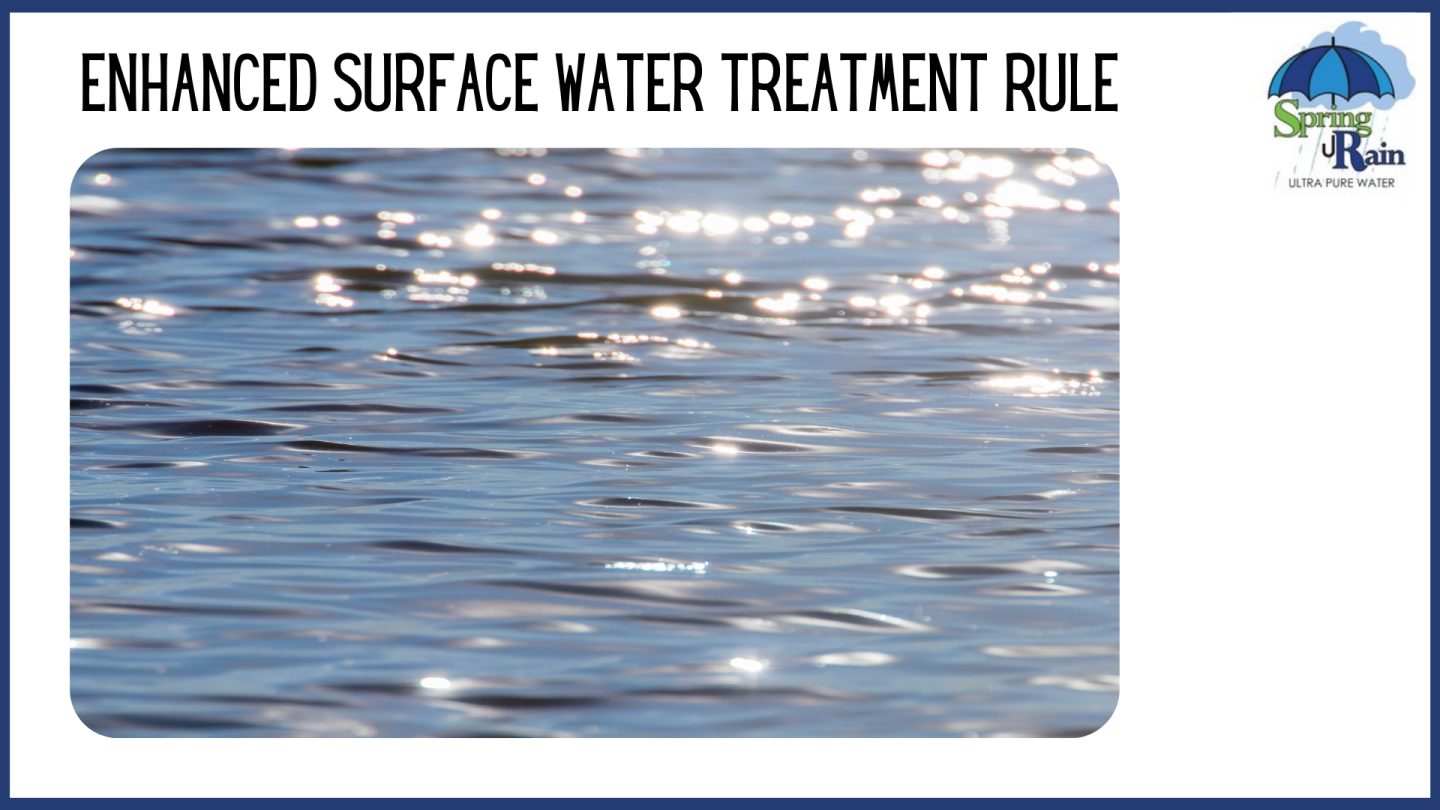
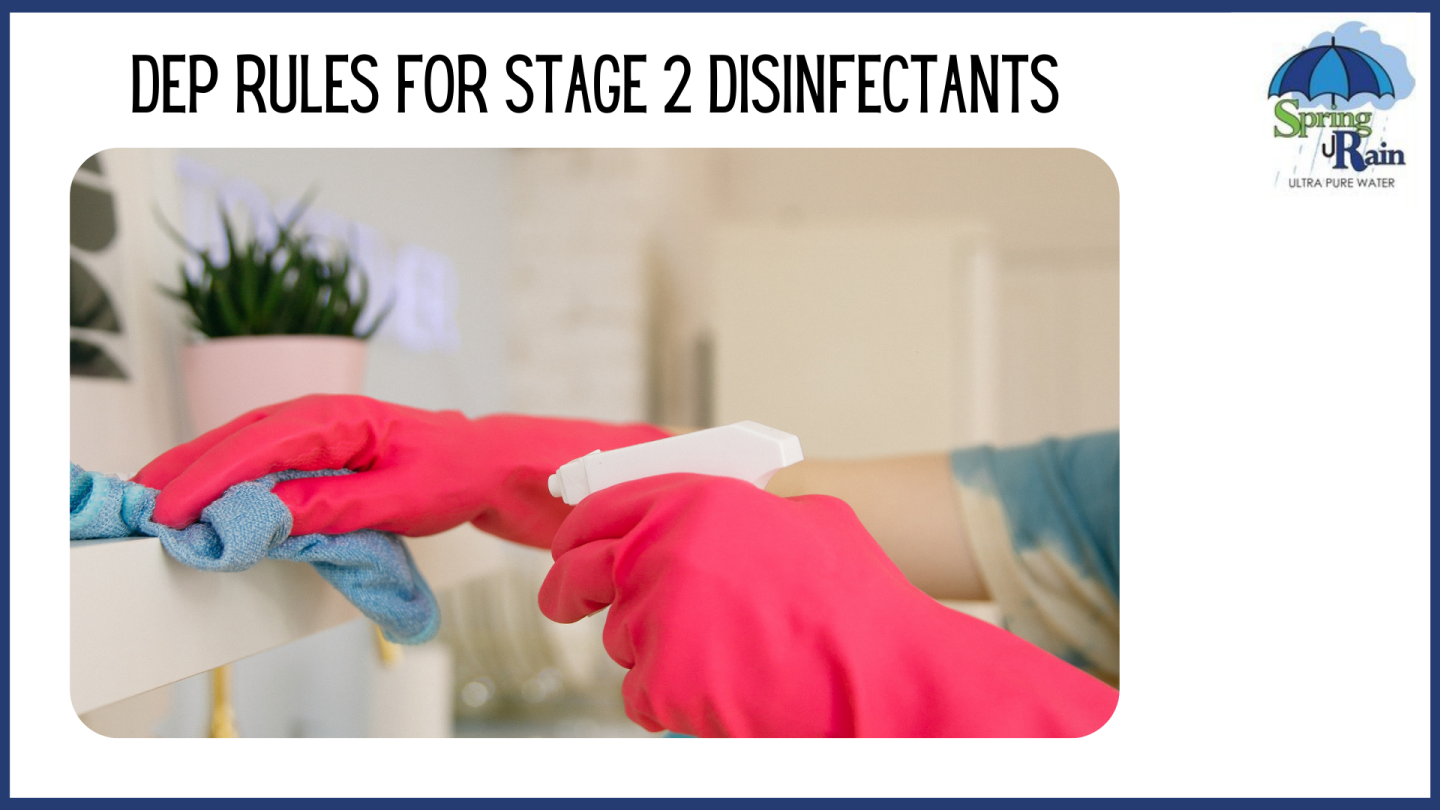
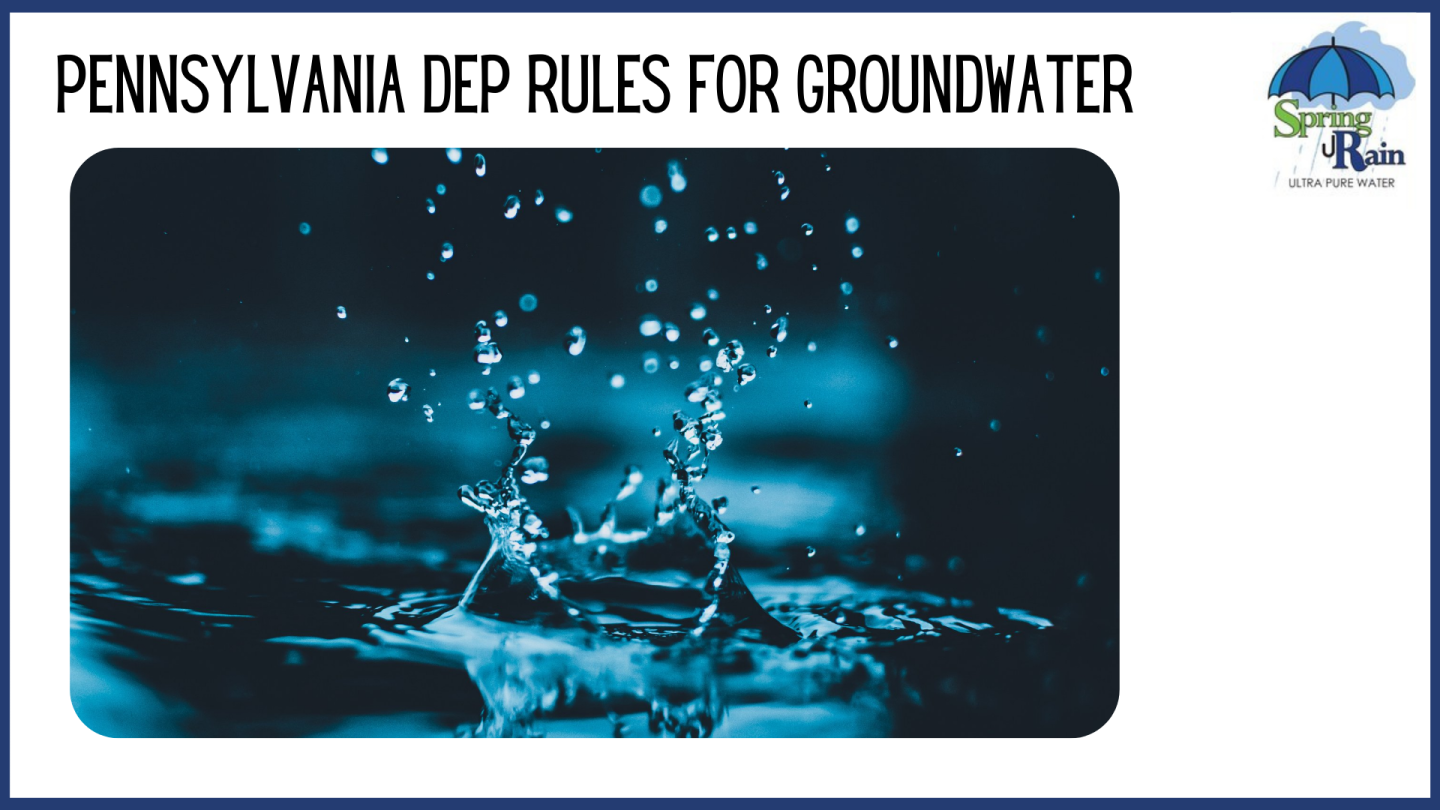




Recent Comments